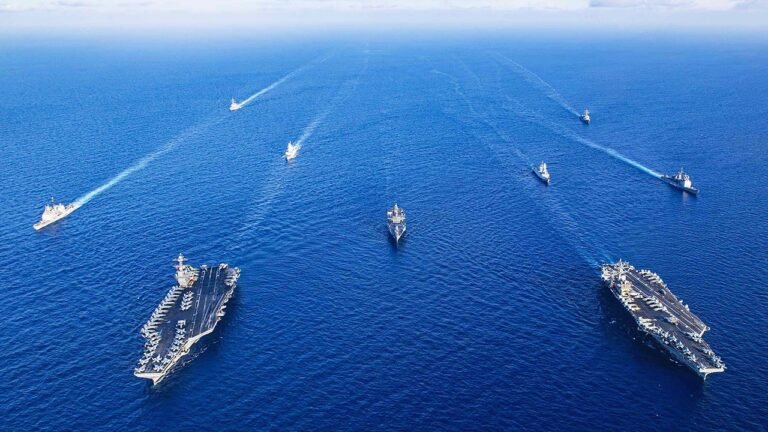
Navigating Troubled Waters: The Red Sea Shipping Crisis and Its Global Repercussions
Introduction
The Red Sea, a critical artery for global maritime trade, faces a shipping crisis of unprecedented scale. This crisis, which began in November 2023, has significant implications for international trade and global supply chains. This report aims to explore the causes and consequences of the Red Sea shipping crisis, its impact on global trade, and the potential long-term repercussions.
Causes of the Red Sea Shipping Crisis
The Red Sea serves as a crucial conduit for approximately 30% of the world’s container traffic. The recent crisis can be attributed to a combination of geopolitical tensions, piracy, and infrastructural challenges. These factors have collectively led to disruptions in the shipping routes through the Red Sea and the Suez Canal, further exacerbating the situation.
Impact on Global Trade
The disruption of shipping routes in the Red Sea has significant ramifications for global trade. According to a report by the United Nations Conference on Trade and Development (UNCTAD), these disruptions have the potential to reshape global maritime networks and reconfigure the world trading map (“Navigating Troubled Waters – Unctad”). The free movement of goods has been severely hampered, leading to delays and increased costs.
Economic Impact
The economic repercussions of the Red Sea shipping crisis are profound. Delays in shipping have led to increased costs for businesses, which are often passed on to consumers. This has contributed to inflationary pressures in various economies. Additionally, some industries have faced shortages of critical components and raw materials, disrupting production processes and supply chains.
Geopolitical Impact
The crisis has also highlighted the geopolitical vulnerabilities of global trade routes. The Red Sea is a strategic maritime corridor, and any disruption has far-reaching implications. The crisis has underscored the need for international cooperation to ensure the security and stability of critical shipping lanes.
Long-Term Repercussions
The long-term repercussions of the Red Sea shipping crisis are still unfolding. However, several potential outcomes can be anticipated:
-
Diversification of Trade Routes: To mitigate the risks associated with the Red Sea, businesses may seek to diversify their trade routes. This could involve increased reliance on alternative routes such as the Cape of Good Hope or the Northern Sea Route.
-
Investment in Infrastructure: The crisis may prompt increased investment in maritime infrastructure to enhance the resilience of shipping routes. This could include the expansion of ports, the development of new shipping lanes, and the enhancement of security measures.
-
Shift in Trade Patterns: The disruption of the Red Sea shipping routes may lead to a shift in global trade patterns. Countries and businesses may seek to reduce their dependence on vulnerable routes and explore new trading partnerships.
Conclusion
The Red Sea shipping crisis represents a significant challenge for global trade. Its impact on the movement of goods, economic stability, and geopolitical dynamics underscores the interconnectedness and vulnerability of the global trading system. Addressing this crisis requires a coordinated effort from the international community to ensure the security and stability of critical maritime corridors. As the situation continues to evolve, it will be essential to monitor its long-term repercussions and adapt to the changing landscape of global trade.
Works Cited
“Navigating Troubled Waters – Unctad.” UNCTAD, unctad.org/system/files/official-document/osginf2024d2_en.pdf.
“Navigating troubled waters: The Red Sea shipping crisis and its global repercussions.” World Bank Blogs, blogs.worldbank.org/en/developmenttalk/navigating-troubled-waters–the-red-sea-shipping-crisis-and-its-.
“Disruptions in key global shipping route – UNCTAD.” UNCTAD, unctad.org/press-material/disruptions-key-global-shipping-route-suez-canal-panama-canal-and-black-sea-signal.
“Navigating troubled waters.” UN Digital Library, digitallibrary.un.org/record/4038574.













+ There are no comments
Add yours